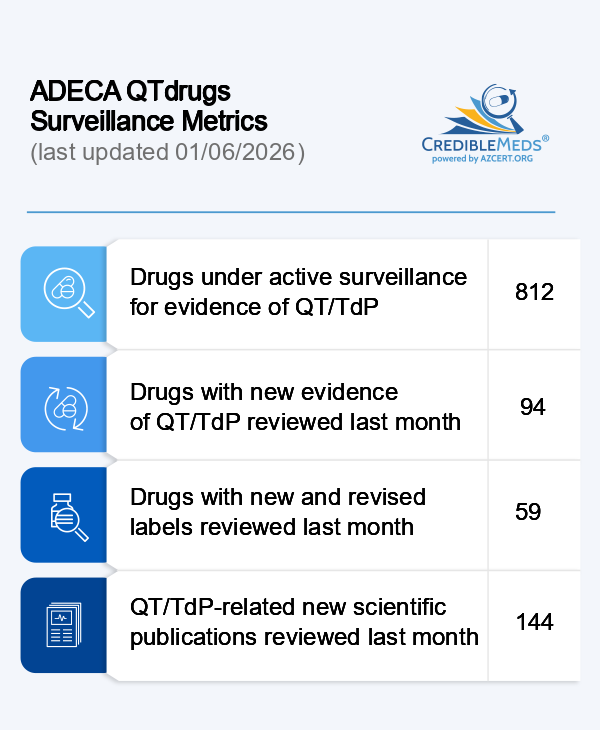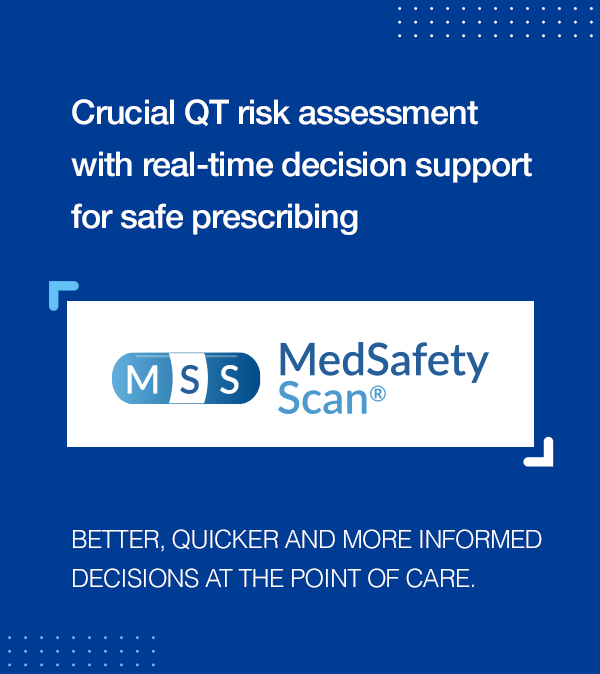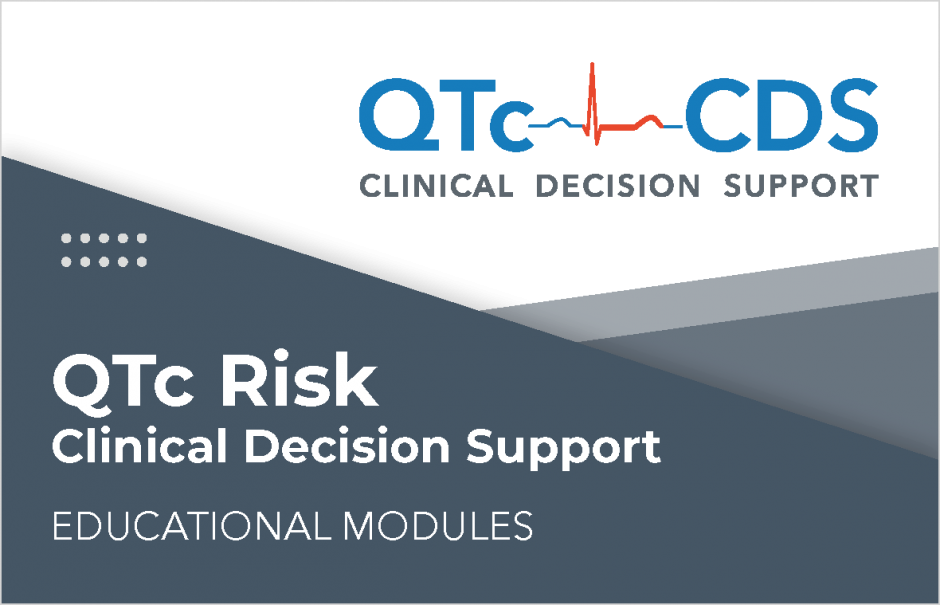Acetaminophen Combinations
December 5, 2005
Acetaminophen is a widely used non-aspirin analgesic in the United States. It is, in general, a very safe drug with very few side effects. This very effectiveness and safety have led to acetaminophen being an added ingredient in many cold, headache, migraine, allergy, and pain drugs. Unfortunately, although safe in normal doses, acetaminophen can cause a very deadly side effect if taken in doses that are too high. It can cause acute liver failure which can have virtually no symptoms until significant damage to the liver is done. There is a very effective treatment for acetaminophen overdose but it must be started early for it to work.
Most cases of liver damage associated with acetaminophen in adults are due to intentional overdose. For instance, the Arizona Poison Drug Information Center received notification of 2740 cases of acetaminophen overdoses in adults in the last 4 years; of these, 65% were in women (McNally, J, personal communication, 12/20/2005). There were 12 deaths due to liver failure related to acetaminophen overdose. However, a recent article in Hepatology, highlights a different problem1. When the authors looked at people who were hospitalized due to advanced liver damage related to acetaminophen, almost half were due to unintentional overdose. Although the exact cause is not always clear, the authors report that it in some cases it was due to people taking two or more products that contain acetaminophen at the same time. This can be compounded by alcohol consumption and viruses that affect the liver. Doses of acetaminophen that can be safe for a completely healthy liver might be too much for a liver that also has to metabolize more than minimal amounts of alcohol or a liver that is ill due to a virus, such as hepatitis. Seventy six percent of those who were hospitalized due to advanced liver failure related to acetaminophen were women. It is likely that more women take acetaminophen and this might explain the higher percentage of women in the report. But it could also be that women are more likely to take medications in general and might be more likely to take multiple medications.
The U.S. National Library of Medicine and the National Institutes of Health provide a valuable web resource - MedlinePlus, with information on medications and diseases. Their web information on acetaminophen can be found at:
www.nlm.nih.gov/medlineplus/ druginfo/medmaster/a681004.html.
At that web site are lists of the brand names of acetaminophen and the brand names of combination products that contain acetaminophen.
Suggestions for those who take acetaminophen:
- Look at the label of the product you are taking that contains acetaminophen and do not exceed the recommended dose. For instance, if the dosing instructions are for 325 to 650 mg every 4 to 6 hours, the total daily dose should not exceed 650 mg x 6 = 3,900 mg from all products that are taken that contain acetaminophen. If you are taking a prescription pain medication, such as Vicodin, that contains acetaminophen, and it is not relieving your pain, do not take it more often or more at a time; see your provider about a stronger pain reliever.
- Look carefully at the label of all the medications that you are taking to see if it contains acetaminophen. Ask your pharmacist if the prescription medication you are taking contains acetaminophen.
- If you drink alcohol, it might be best to either not take acetaminophen or take it in even lower daily doses. It is best to discuss this with your physician.

- Larson AM, Polson J, Fontana RJ, Davern TJ, Lalani E, Hynan LS, Reisch JS, Schiødt FV, Ostapowicz G, Shakil AO, Lee WM, and the Acute Liver Failure Study Group. Acetaminophen-induced acute liver failure: results of a United States multicenter, prospective study. Hepatology 2005;42:1364-1372.
Return to Drug Interaction Advisory Index











